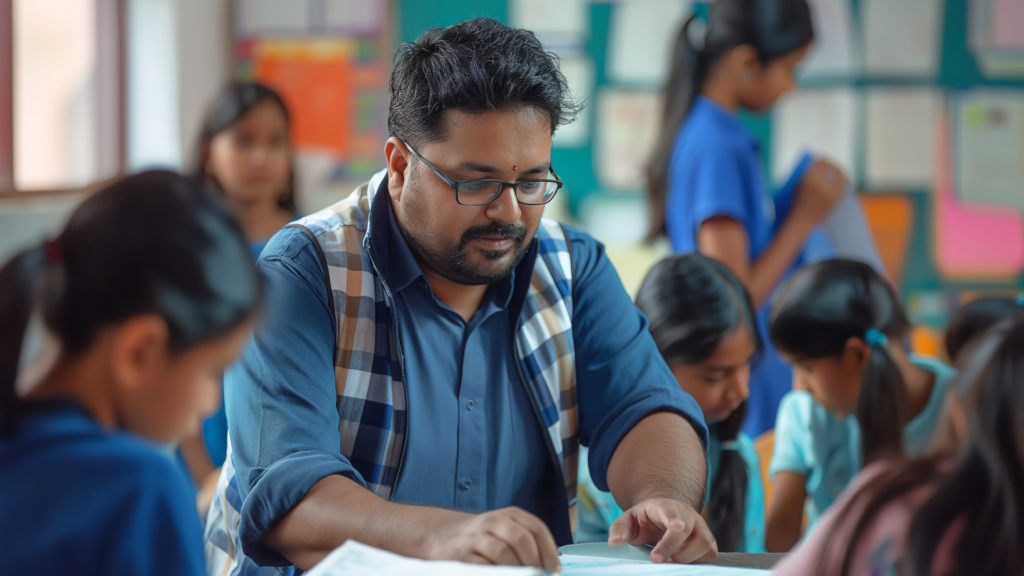Many students and their parents make decisions during the critical 11th and 12th grades that may negatively impact the student’s academic, personal, or career journey. These decisions often arise from external pressures, misinformation, or inadequate understanding of the student’s unique needs. Below are common mistakes observed:
Why do students opt for dummy schools?
1. Overemphasis on STEM Fields
- Decision: Assuming only STEM (Science, Technology, Engineering, Mathematics) careers guarantee success and prestige.
- Impact: This creates undue stress on students who might be more suited for other fields like humanities, commerce, arts, or vocational careers.
- Solution: Parents should explore diverse career options and assess their child’s interests, strengths, and aptitudes through psychometric tests and career counseling.
2. Unrealistic Expectations
- Decision: Setting unreasonably high expectations based on societal standards or comparisons with peers.
- Impact: Students feel inadequate and under immense pressure to perform.
- Solution: Focus on realistic and personalized goals aligned with the child’s potential and aspirations.
3. Peer Pressure and Herd Mentality
- Decision: Making career or subject choices based on trends or what peers are pursuing.
- Impact: Students may end up in fields they are not passionate about, leading to dissatisfaction.
- Solution: Empower students to make informed, individual choices based on their interests and strengths.
4. Avoiding Career Counseling
- Decision: Assuming that parents and teachers can adequately guide students without professional help.
- Impact: Leads to poorly informed decisions and limited awareness of emerging career paths.
- Solution: Seek guidance from certified career counselors and use tools like psychometric tests to make informed decisions.
What happens during the Dummy School Period?
1. Ignoring Emotional and Mental Well-being
- Decision: Ignoring the mental health struggles of students due to academic pressures or treating stress as a “phase” that will pass.
- Impact: Results in anxiety, burnout, and low self-esteem.
- Solution: Encourage open communication, provide emotional support, and seek professional counseling if needed.
2. Neglecting Hobbies and Extracurriculars
- Decision: Discouraging or de-prioritizing hobbies and extracurricular activities to allocate more time for academics.
- Impact: Reduces creativity, critical thinking, and social skills, which are crucial for personal growth and future opportunities.
- Solution: Encourage hobbies and participation in activities that foster creativity and teamwork.
3. Over-reliance on Coaching Centers
- Decision: Believing that expensive coaching guarantees success.
- Impact: May lead to over-scheduling, stress, and lack of independent learning.
- Solution: Choose quality coaching that complements school education without overwhelming the student.
What are the long-term disadvantages?
1. Ignoring the Importance of Soft Skills
- Decision: Focusing solely on academic achievement and neglecting interpersonal skills, communication, and adaptability.
- Impact: Students may struggle in interviews, teamwork, and leadership roles later in life.
- Solution: Encourage participation in group discussions, debates, and leadership opportunities.
2. Delay in Skill Development
- Decision: Focusing only on academics without learning additional skills like coding, financial literacy, or language proficiency.
- Impact: Missed opportunities for early career advantage and personal growth.
- Solution: Balance academics with skill development through online courses, workshops, or self-learning.
Key Developmental Focus Areas for 11th and 12th Students
- Time Management: Learn to balance academics, extracurriculars, and personal life.
- Emotional Intelligence: Practice empathy, self-awareness, and stress management.
- Career Exploration: Research emerging careers and internships to gain real-world exposure.
- Peer and Social Interaction: Build meaningful relationships to foster emotional health.
- Resilience: Develop the ability to handle failures and setbacks constructively.
Instead of opting for dummy schools, parents should consider institutions that combine regular schooling with adequate preparation for competitive exams. This approach supports overall development and ensures students are better prepared for both academic success and life challenges.
By addressing these issues and prioritizing holistic development, students and parents can make better decisions that lead to academic success, emotional well-being, and long-term career satisfaction.

